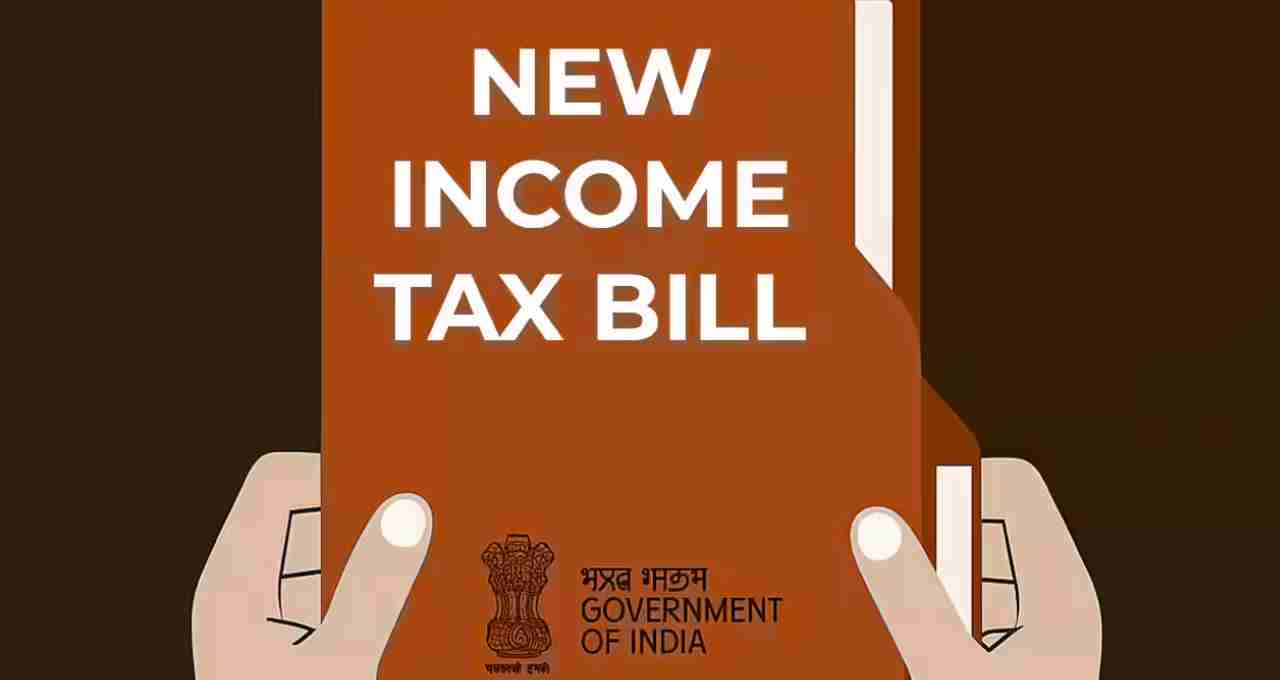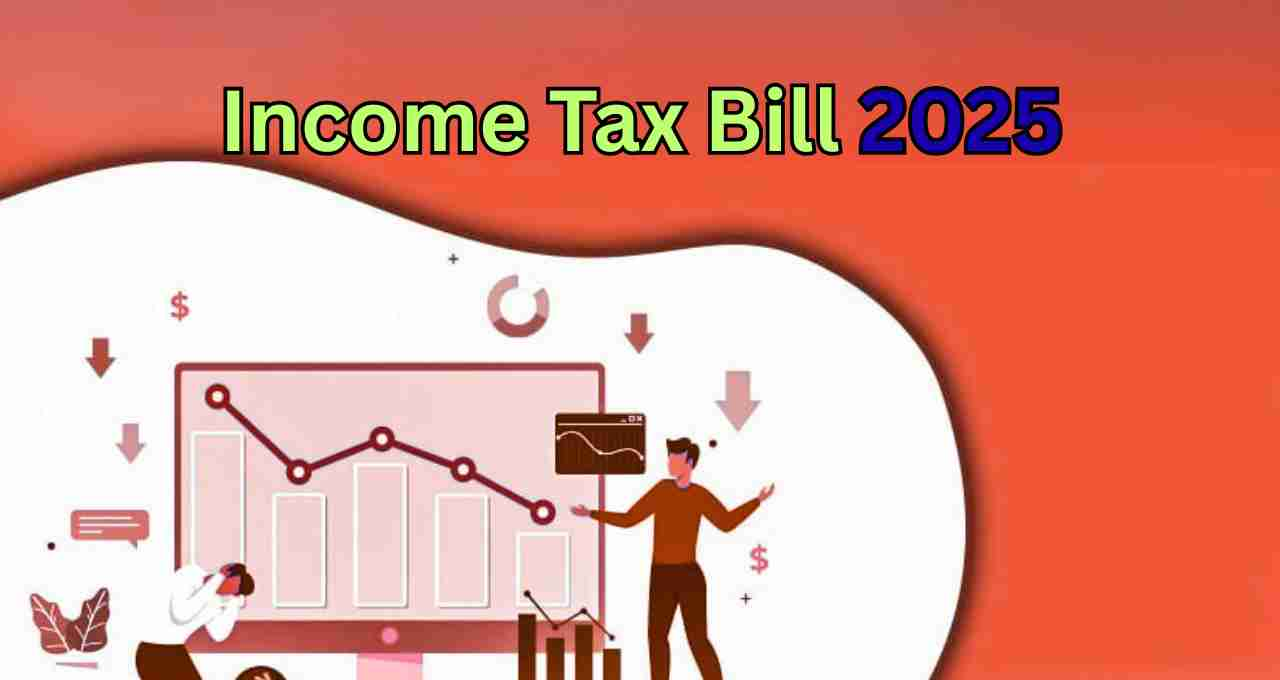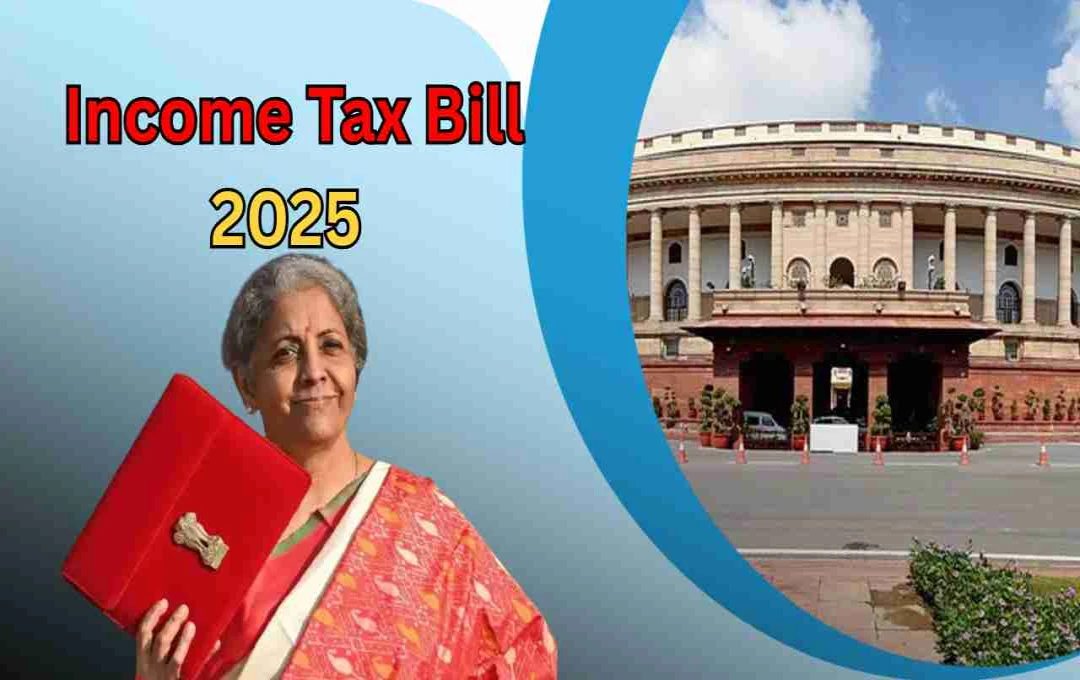Finance Minister Nirmala Sitharaman introduced the new Income Tax Bill 2025 in the Lok Sabha. This bill is designed to replace the old 1961 Tax Act and includes several new exemptions and facilities for companies and professionals. It simplifies tax rules and improves some older provisions.
Income Tax Bill 2025: On Monday, Finance Minister Nirmala Sitharaman presented the Income Tax Bill 2025 in the Lok Sabha. This bill is designed to replace the old Tax Act of 1961. The bill includes new exemptions and improvements for companies, professionals, and non-profit organizations. This bill aims to make tax rules simpler and more transparent.
Key Amendments and New Facilities

Under the Income Tax Bill 2025, deductions available under 80M will now also be available to companies that have chosen the new tax regime. Additionally, commuted pension and gratuity deductions for family members have also been added to the bill.
The provisions for Minimum Alternate Tax (MAT) and Alternate Minimum Tax (AMT) have been divided into separate sections. AMT will only apply to those non-corporate entities that have claimed deductions, while some LLPs that only have income from capital gains and do not claim deductions will not fall under AMT.
Exemption in E-Payment for Professionals and Changes in Refund Rules
Clause 187 of the bill adds the word 'Profession' after 'Business'. This means that professionals with annual income exceeding ₹50 crore can now use the prescribed electronic payment modes for e-transactions.
By removing Clause 263(1)(ix), refund claims are now allowed even in cases where the income tax return was not filed on time. This will provide significant relief to taxpayers and avoid unnecessary legal complications.
Improvements in Loss Carry Forward, Taxation, and Deduction

The provisions related to loss carry forward and set-off have been rewritten in the new bill for better clarity, but their fundamental purpose remains the same. Also, the 'concept of receipt' has been changed to the 'concept of income', as it was in the old 1961 Act.
Registered non-profit organizations are allowed to use capital gains for the acquisition of new capital assets, and the taxation of anonymous donations has also been updated to align with the old Act.
TDS Correction and Other Technical Changes
The period for filing details to correct errors related to Tax Deducted at Source (TDS) has been reduced from 6 years to 2 years. This is expected to reduce taxpayer grievances and improve tax administration.
All necessary amendments from the Finance Act 2025 and the Taxation Laws (Amendment) Bill, 2025 have been incorporated into this new bill, making the tax system more consolidated and effective.












